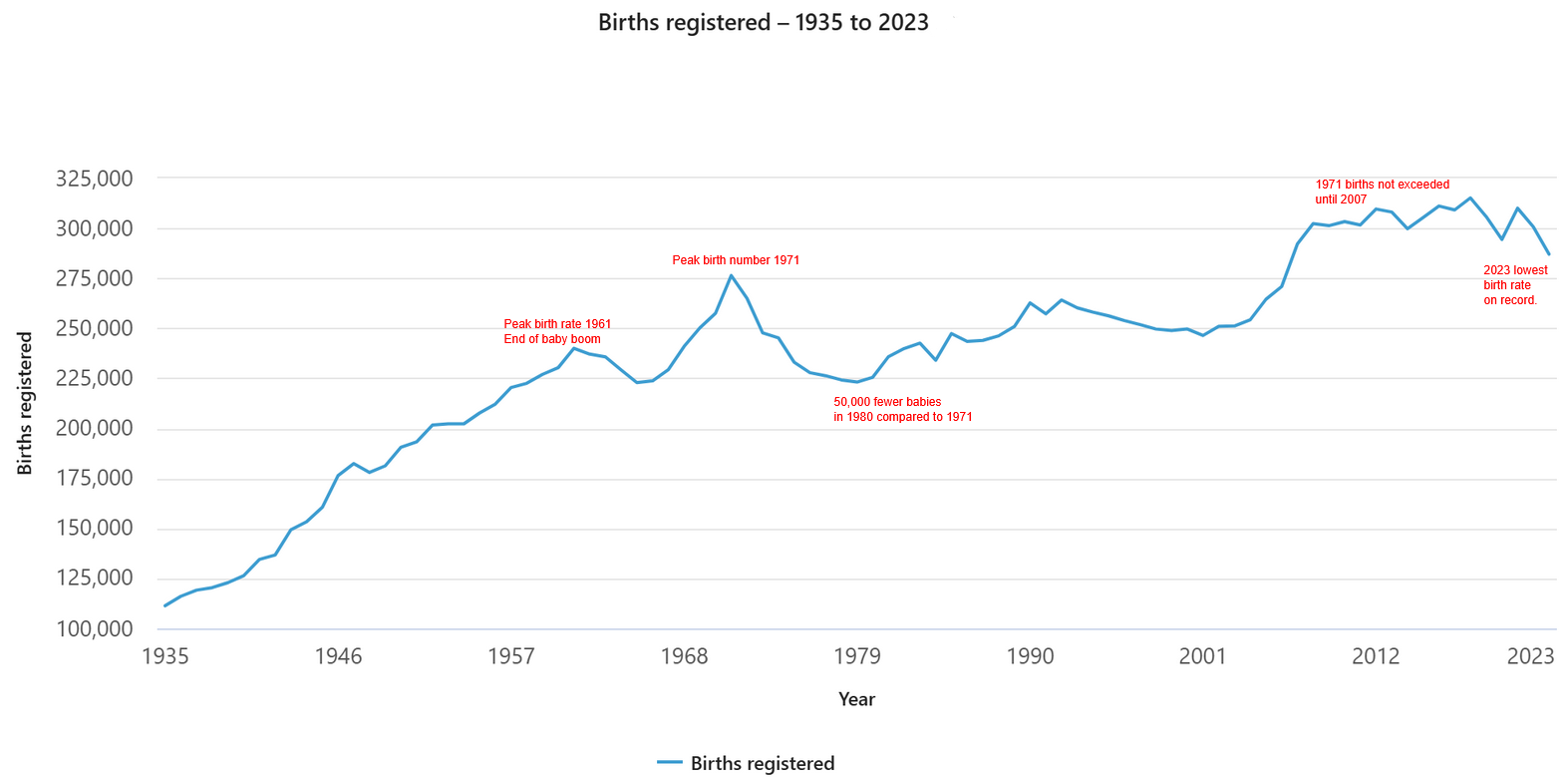Recent changes to the Local Government Act in Victoria require each Local Government to develop an Engagement Policy. A key feature of this policy is to ensuring affected community groups are represented in community engagements. Penny takes a closer look at the implications and opportunties.
Under the new decision-making provisions in the Local Government Act 2020, Planners and Communications staff throughout Victoria are tasked with developing an Engagement Policy. Councils must draft, consult with their community and adopt their sparkling new Engagement Policies by March 2021. The Engagement Policies will be community-facing documents that outline how engagement will be undertaken, how the community will find out about upcoming engagements and what engagement practices the council will use.
The Principles of Engagement are obvious and make good sense. They require
- the objectives and scope of any engagement be clear,
- participants to have timely access to information on the decision being engaged on,
- support to be offered to participants to enable their participation, and
- councils to be clear on how participants might influence the final decision (a crucial step in managing expectations).
Engaging “affected” residents
Interestingly, the new legislation also requires “affected” residents to be clearly represented in the engagement. In the past, engagement/consultation has generally been a democratic process, with a goal of giving the entire community opportunity to participate in decision-making through the feedback mechanism of consultation. However, this new principle of representation targets the effectiveness of consultation. It is saying, “How can a Council make an informed decision if those that are affected by the decision have not been heard from?” I draw the distinction between those that are affected by a decision and those who simply have an interest.
How do you determine who is “affected” and is who is simply interested? To what extent do people have to be “affected” for representation to be required? These are questions that the Engagement Policies will wrestle with.
Making well-informed decisions is clearly a goal for councils who are charged with the wellbeing of their communities. The new engagement legislation also requires deliberation, which encourages conciliation between affected parties in the community (who may have divergent desires and needs) and the aspirational result of an engaged and knowledgeable municipality.
Identifying “affected” residents
What we expect will happen is that Councils will get very good at targeting the right communities to consult. Residents the council needs to hear from may be defined by geography (if an issue or project is affecting a particular area, such as a road closure), by demographic or socio-economic characteristics (if a particular issue or project is found to be affecting a certain demographic/socioeconomic segment of the community) or by behaviours and attitudes.
Councils will need to consider the characteristics of the affected residents, identify them and monitor whether their engagement has successfully reach a representative proportion of
That is what councils and .id have in common: a mission to understand communities at a truly local level.
Need help?
Demographic Expertise .id’s demographic experts are here to support Councils identfying and engaging with affected community cohorts. We offer training and advice to all subscribers of Community Profile and our other demographic tools, plus bespoke consulting (including multi-variate mapping) for more complex needs.
If you work in Local Government and would like any assistance, contact us at demographics@id.com.au.
Community Views Our newest team represents resident and stakeholder perspectives to inform local government decision making. The addition of Community Views provides a platform for us to combine our rich understanding of small area economies, demography and populations with resident and stakeholder opinions – delivering our clients a truly integrated understanding of their community and place.
Book a meeting to learn more about our Community Views offer.









